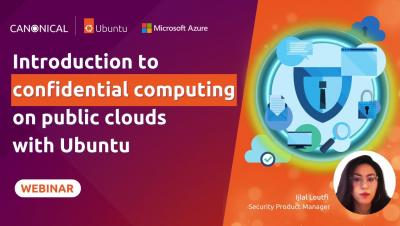Multipass 1.10 brings new instance modification capabilities
Developers rejoice! The Multipass team has been listening to your feedback, and we are excited to announce that the latest update to Multipass contains one of our most requested features – instance modification. For those who are just discovering Multipass, it’s software designed to make working with virtual machines as painless as possible. It has an intuitive command line interface, and abstracts away the hard work of configuring, launching, modifying and destroying VMs.






